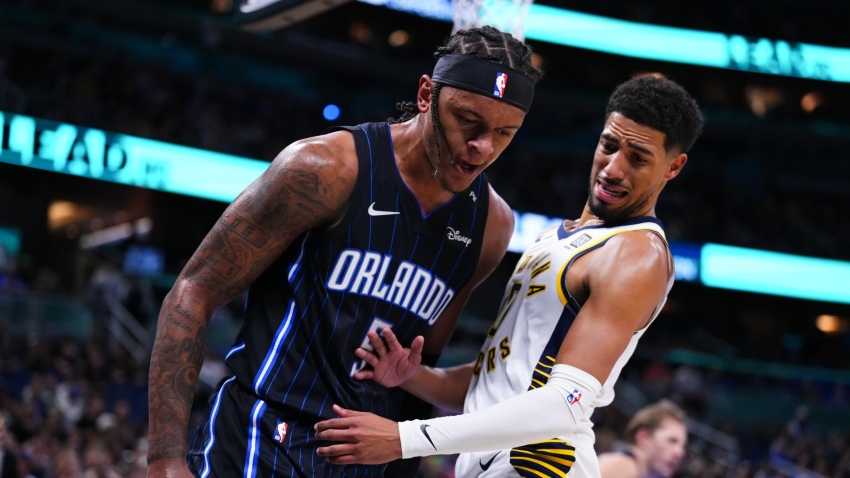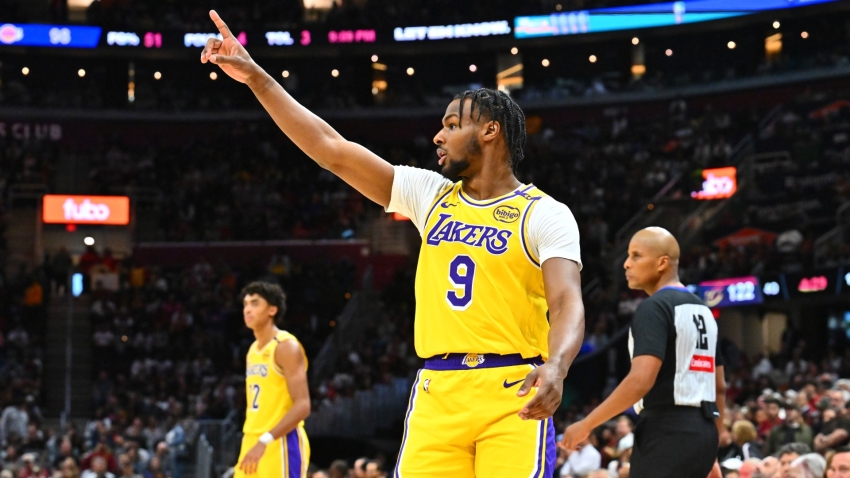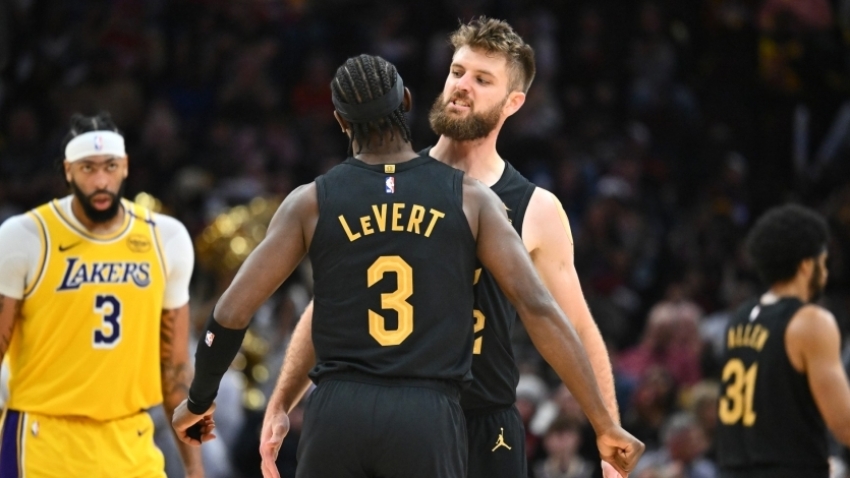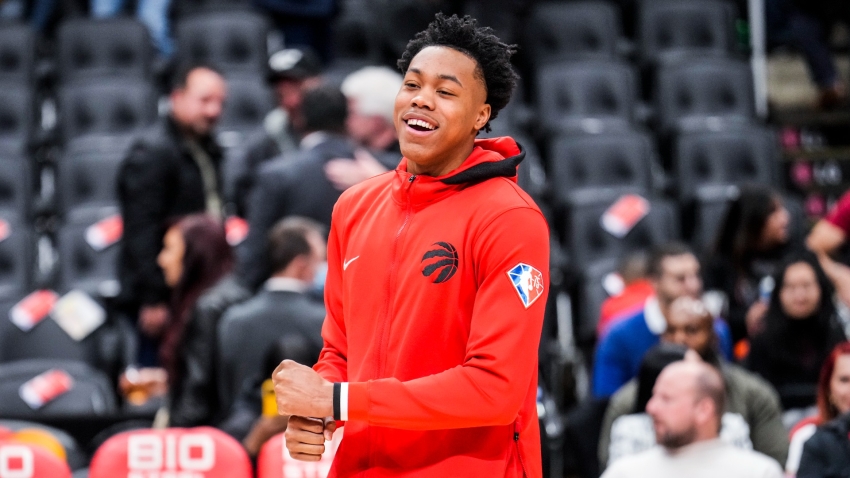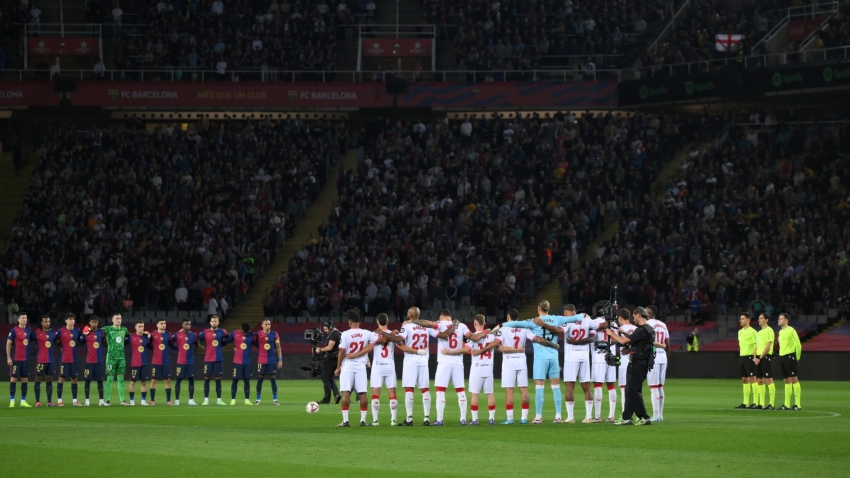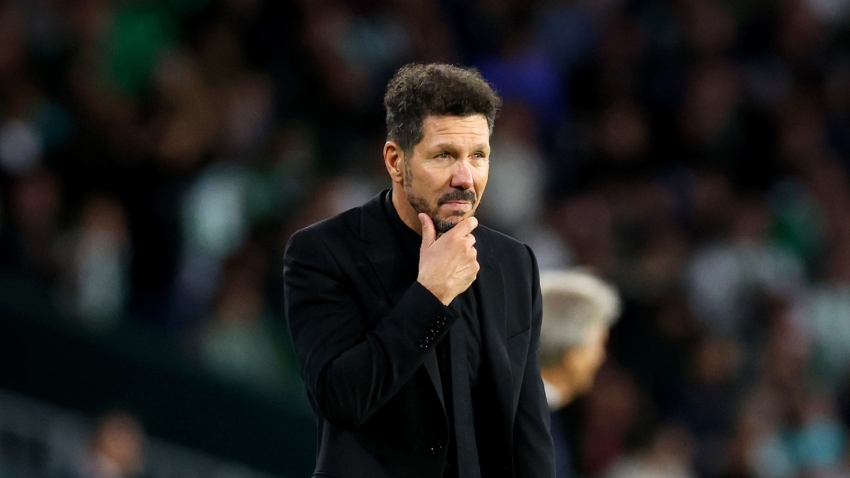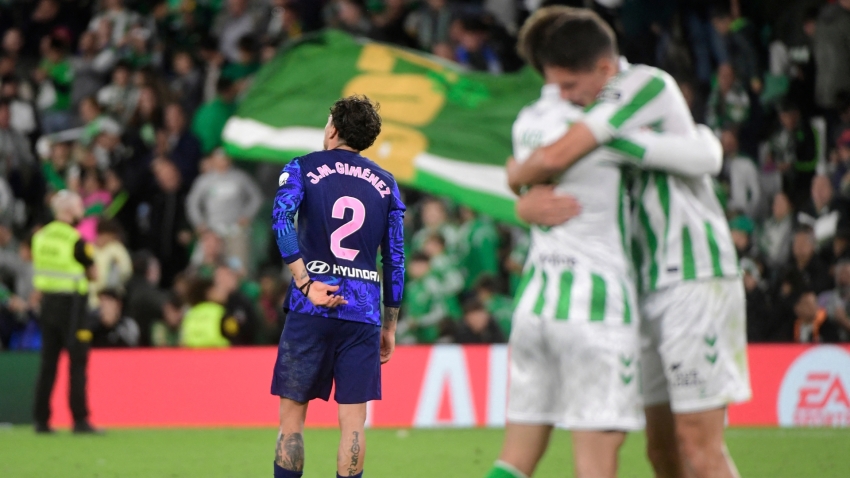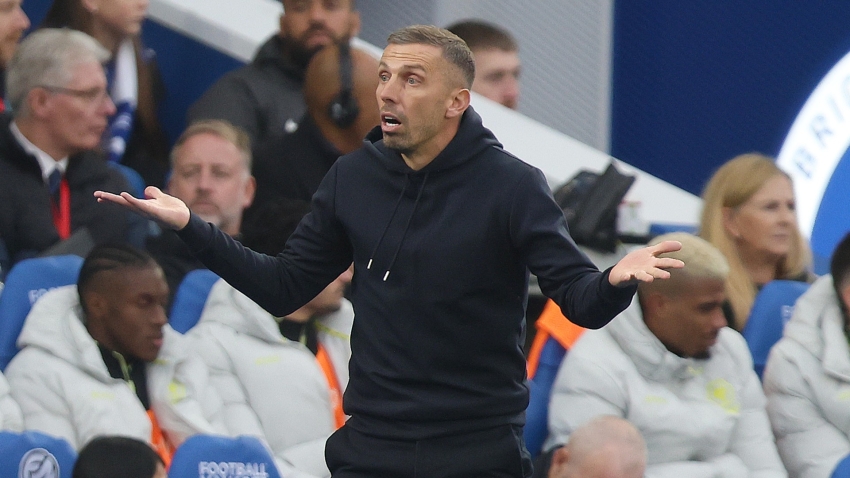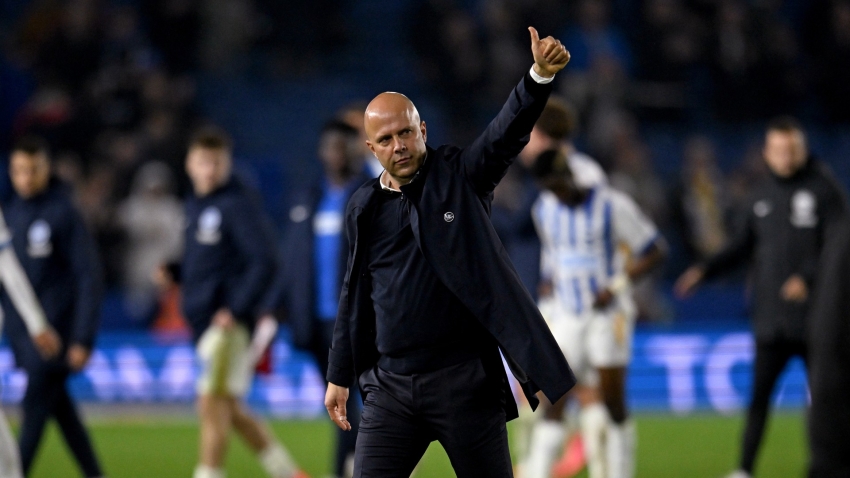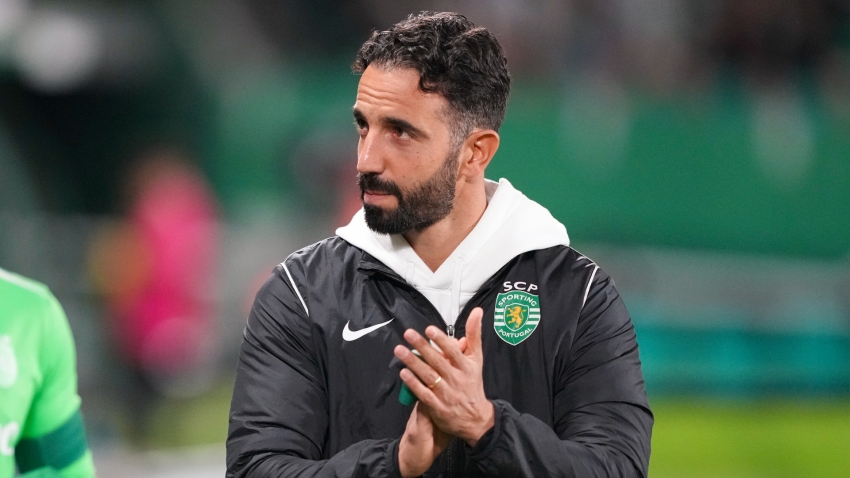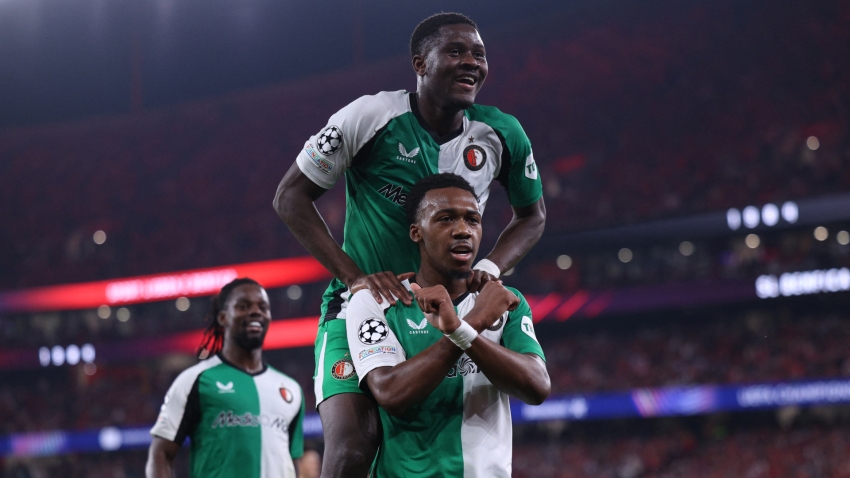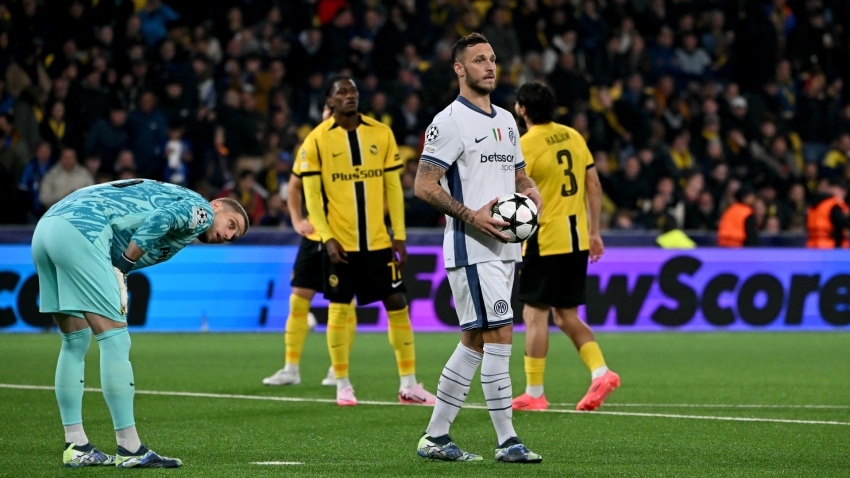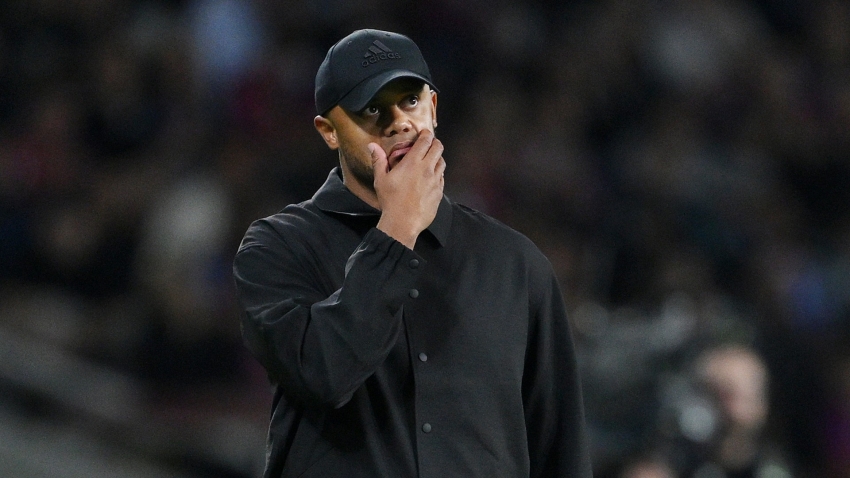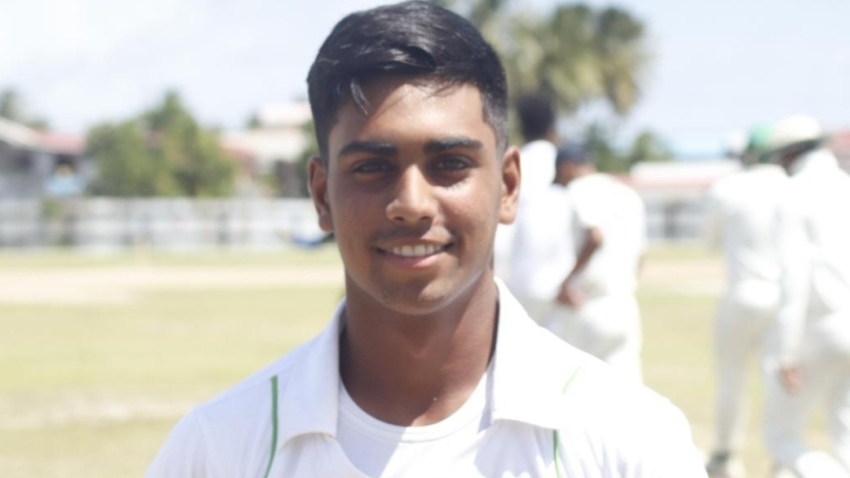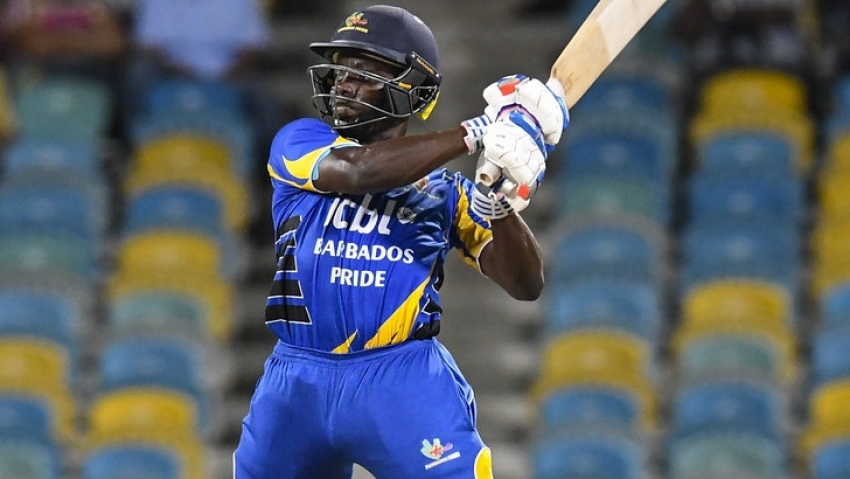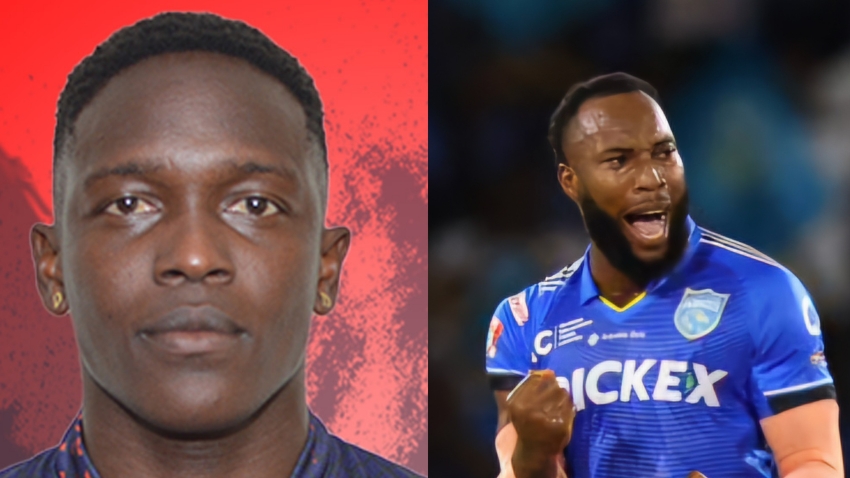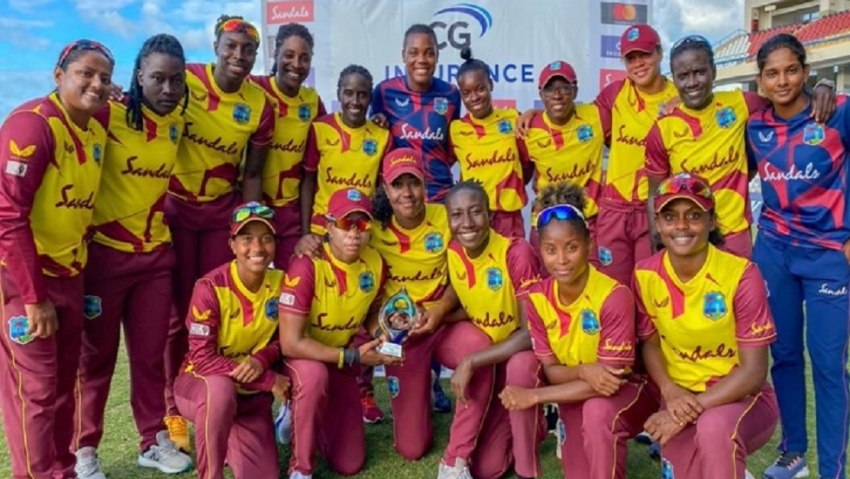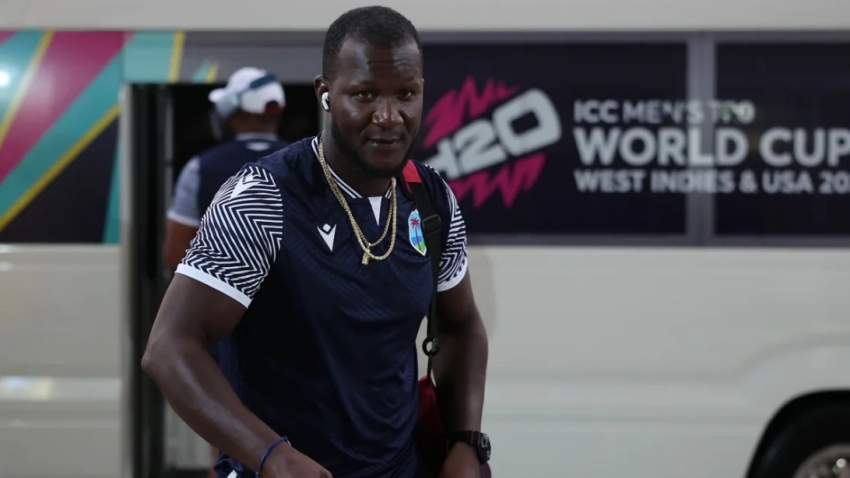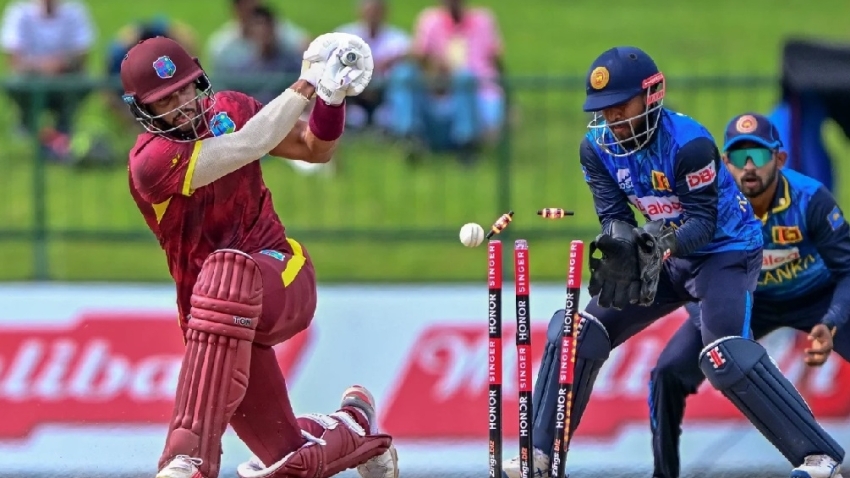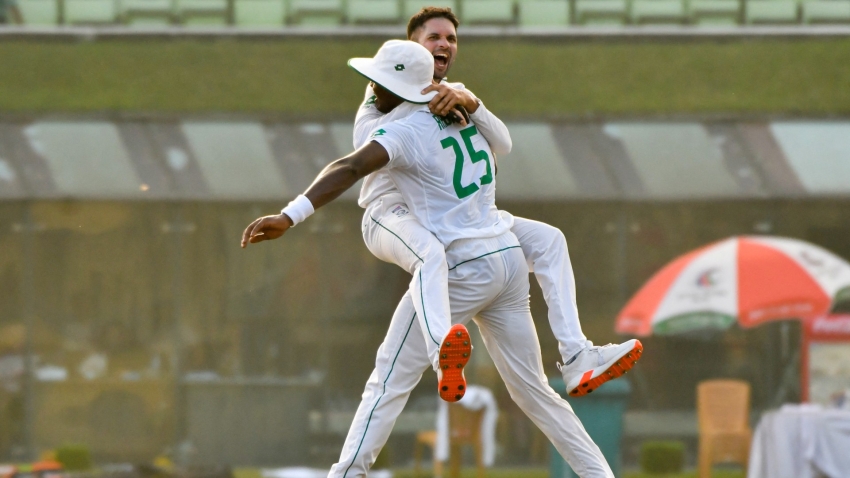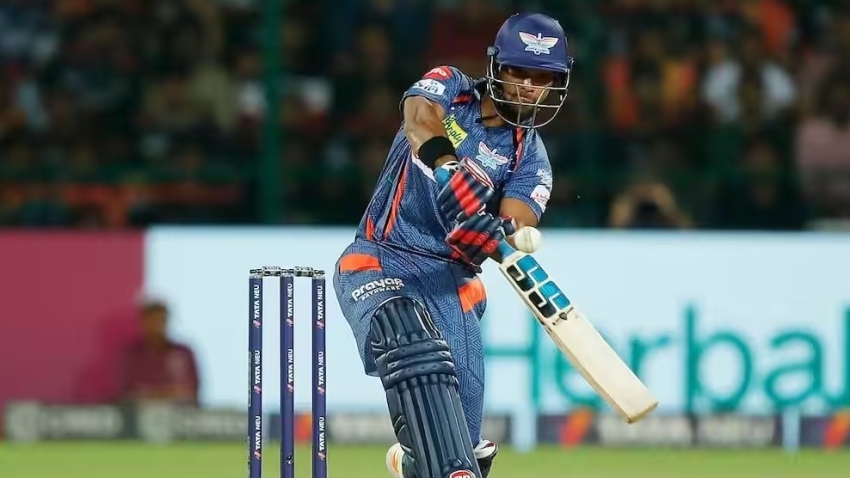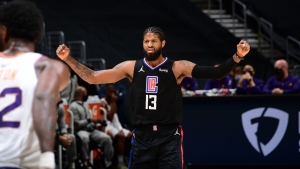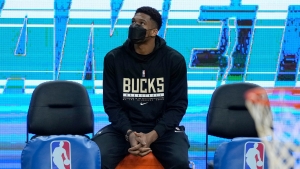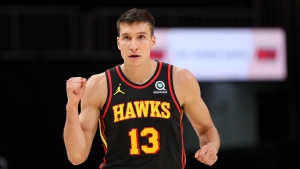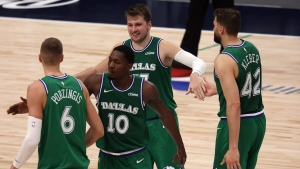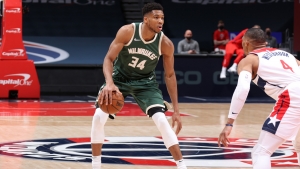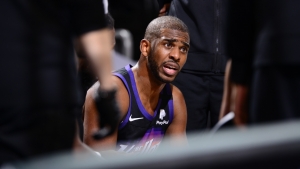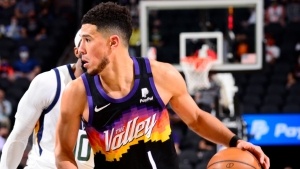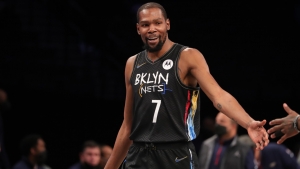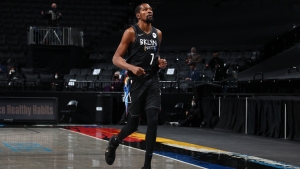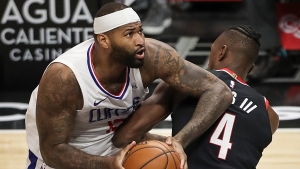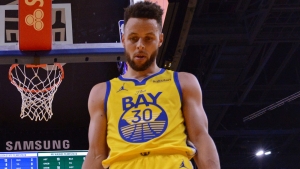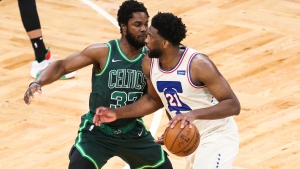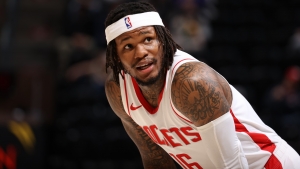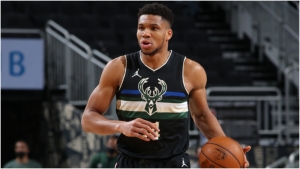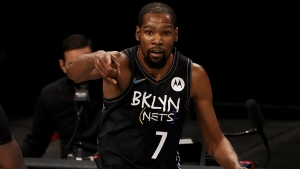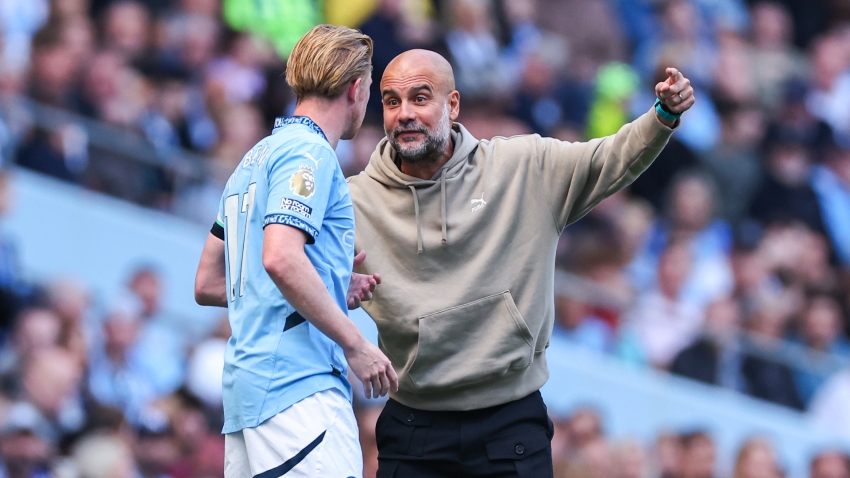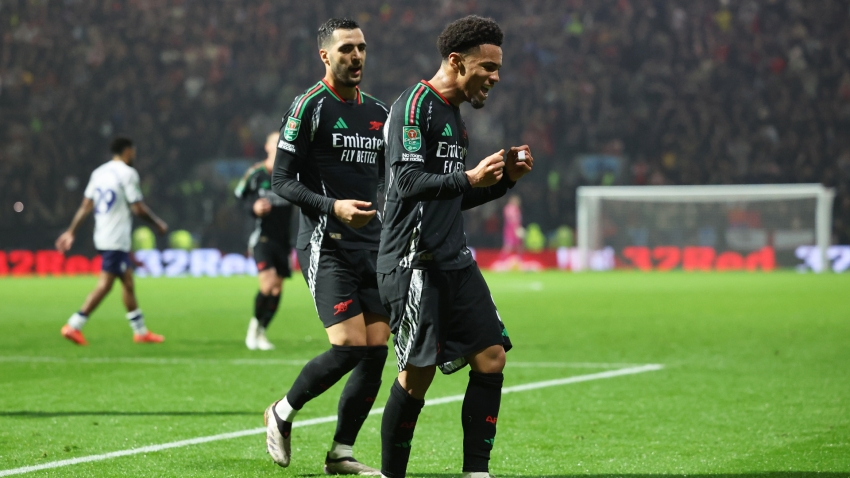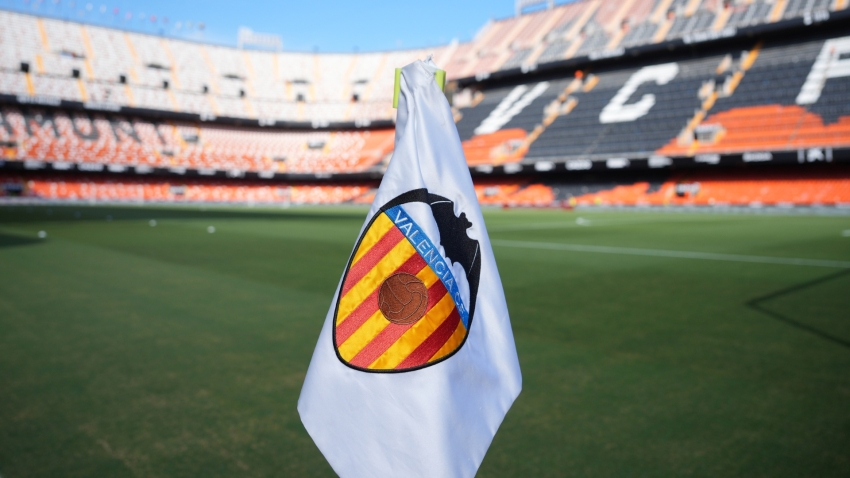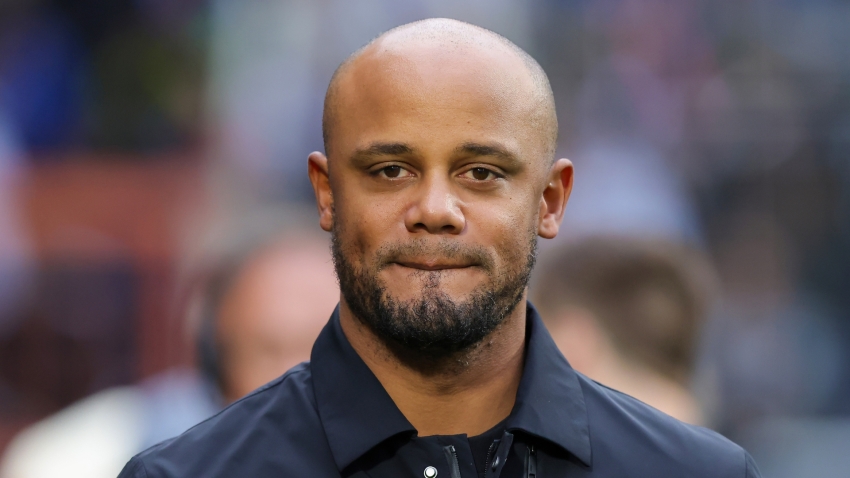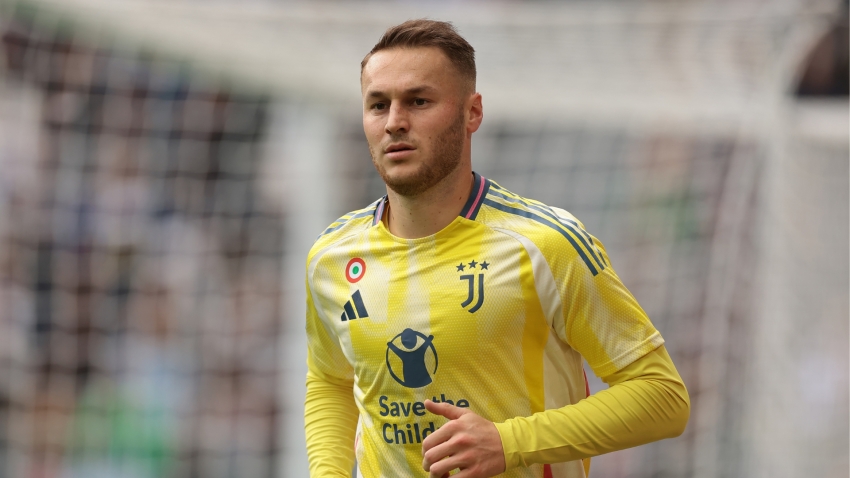At the onset of the season, the Atlanta Hawks were a trendy pick to be a team that could fight their way into the playoffs and be tough to eliminate in a postseason series.
Sure, they finished mere percentage points ahead of the Cleveland Cavaliers for the worst record in the Eastern Conference last season, but with the returning core of All-Star Trae Young, John Collins and De'Andre Hunter, plus the offseason additions of Clint Capela, Danilo Gallinari, Bogdan Bogdanovic and Rajon Rondo, there was plenty of reason to believe the Hawks could capture their first playoff berth since 2017 in a top-heavy yet mostly mediocre Eastern Conference.
Injuries to Hunter, Gallinari and Bogdanovic, however, stunted Atlanta's growth, and the team sputtered over the season's first two months. And with another blown fourth-quarter lead in a loss to Southeast Division rivals the Miami Heat on February 28, the Hawks' record dropped to 14-20 as they slid into 11th place in the East, prompting team president Travis Schlenk to fire coach Lloyd Pierce less than halfway into his third season at the helm.
Schlenk believed the season could be salvaged and needed a new voice, promoting assistant Nate McMillan to interim coach.
The Hawks have responded.
They've since compiled a 13-5 record – behind only the Brooklyn Nets and Philadelphia 76ers among East clubs – to move into a virtual tie for the Southeast lead with the Charlotte Hornets, and into fifth place in the conference. They have also navigated around a recent injury to Collins, going 4-1 since he sprained his left ankle.
There are several reasons for Atlanta's surge, but it's no coincidence the turnaround under McMillan has coincided with the return of Bogdanovic.
Lured away from the Sacramento Kings on a four-year, $72million deal, Bogdanovic looked like a bust early, averaging 9.9 points on 38.5 per cent shooting and 36.2 per cent on three-point attempts in his first nine games, before missing the next 25 through the end of February with a sprained knee.
After working out the rust over a few games upon returning, Bogdanovic has found his shot and is thriving.
Since March 24, his 66.4 eFG (effective field goal) percentage ranks third in the NBA among the 99 players with a minimum of 75 attempts, while his 53.3 per cent shooting from beyond the arc ranks fifth among the 92 shooters with at least 35 three-point tries.
He was inserted into the starting lineup on March 26, and with Bogdanovic and Young together on the court, the Hawks have been lethal, averaging 117.1 points per 100 possessions, 49.4 per cent shooting and 45.7 per cent on three-pointers. Without them, they are averaging 102.7 points per 100 possessions, 41.7 per cent on field goals and 33.3 per cent on threes.
Bogdanovic has been especially deadly from the wing since McMillan tabbed him as a starter. Since March 26, his 21 three-pointers from the wing is just one fewer than Miami's Duncan Robinson for the league lead, while his 46.7 per cent shooting from the wing ranks fourth among the 47 players with a minimum of 25 attempts.
Young's scoring has dropped since Bogdanovic cracked the starting five (20.9 ppg since March 26 after previously averaging 25.8 ppg), but he's been distributing the ball to his teammates a little more (10.4 assists per game since March 26 after previously averaging 9.4 apg).
Since March 26, Young has assisted on 20 made baskets by Bogdanovic – the most by a guard to a single teammate – and 16 by Capela.
The Young-to-Capela show is nothing new, however, as Young has fed Capela on 99 made baskets on the season – fourth-most by any player to a teammate. Atop that list is Young’s 121 assists to Collins, and the Hawks are hopeful the two can add to this number as early as next week with Collins back practising.
Capela has had more opportunities inside with Collins sidelined, but really, he's been a beast in the paint all season.
The league's top offensive rebounder at 4.8 per game, Capela is third in the NBA in second-chance scoring at 4.6 points per game (minimum 20 games played).
His production in the interior has also increased with Bogdanovic starting, as he has been averaging 6.7 dunks and layups per game since March 26 – second in the league behind Zion Williamson's average of 10.6 per game. Prior to March 26, Capela averaged 5.5 dunks and layups per game.
Like Bogdanovic, Gallinari also got off to a sluggish start to the season and also dealt with an ailment, missing 12 games with multiple foot injuries. But also, similarly to Bogdanovic, he's found his stroke.
After averaging 11.2 points on 38.6 per cent shooting from the floor and 37.8 per cent from beyond the arc in his first 23 games, Gallinari is averaging 16.3 points on 47.6 per cent shooting – including 43.5 per cent on threes in his last 15. He's been one of the league's best at connecting on three-pointers from the wing since March 1, draining 47.1 per cent – the fourth-highest rate in the league among the 77 players with 50 or more attempts.
Gallinari hasn't been the only contributor off the bench for the Hawks over the last week.
At the trade deadline, the Hawks shipped Rondo to the Los Angeles Clippers for 16-year veteran Lou Williams to provide another scorer off the bench. The three-time Sixth Man of the Year Award winner is averaging 13.2 points and 3.4 assists in four games, rejuvenating the reserves since making his Hawks debut on April 1.
With Williams on board, Atlanta's bench ranks fifth in scoring (43.6 ppg), ninth in shooting (46.8 per cent) and second in three-point shooting (53.8 per cent) since the start of April. Prior to April, the bench ranked 27th in scoring (31.7 ppg), 30th in shooting (40.3 per cent) and 16th in three-point shooting (35.9 per cent).
While the Hawks have become healthier – despite the recent injury to Collins – and are getting more production from their bench, they are also showing a proficiency at closing out games. Instead of wilting late, they are now flourishing.
The loss to the Heat on February 28 marked the 11th setback of the season for Atlanta in a game in which they led in the fourth quarter, and only league-worst Minnesota had more through the end of February with 12. Since the beginning of March, however, the Hawks are 13-2 when holding a fourth-quarter lead, and only the Denver Nuggets (15), Brooklyn Nets (14) and Phoenix Suns (14) have more such victories.
The Hawks' recent fourth-quarter figures are startling. Their PPG average has been 27.7 since March 1 after being 27.1 previously, representing a small improvement. Yet in that same period their opponents have averaged just 24.3 fourth-quarter points compared to 29.0 in the first 34 games of the season, Atlanta's three-point percentage has switched from 34.8 per cent before March to 41.9 per cent during the games since, and their PPG differential has switched up from being minus 1.9 prior to the upturn to plus 3.4 in their subsequent outings.
That means in terms of fourth-quarter progression they have gone from being 15th in PPG in games before March to eighth since, from 29th to second in opposition PPG, from 19th to second in three-point percentage, and from 29th to first place in PPG/difference.
Atlanta have played their way into a playoff position, and now the trick is staying there. One advantage the Hawks have going for them, though, is they have a relatively easy path the rest of the way.
Through the end of February when the team fired Pierce, Atlanta had the eighth-toughest strength of schedule (.512 opponents' winning percentage). The Hawks then made their push since the beginning of March with a schedule that was the eighth easiest (.478), and now they have the sixth-easiest schedule through the rest of the season (.480).


